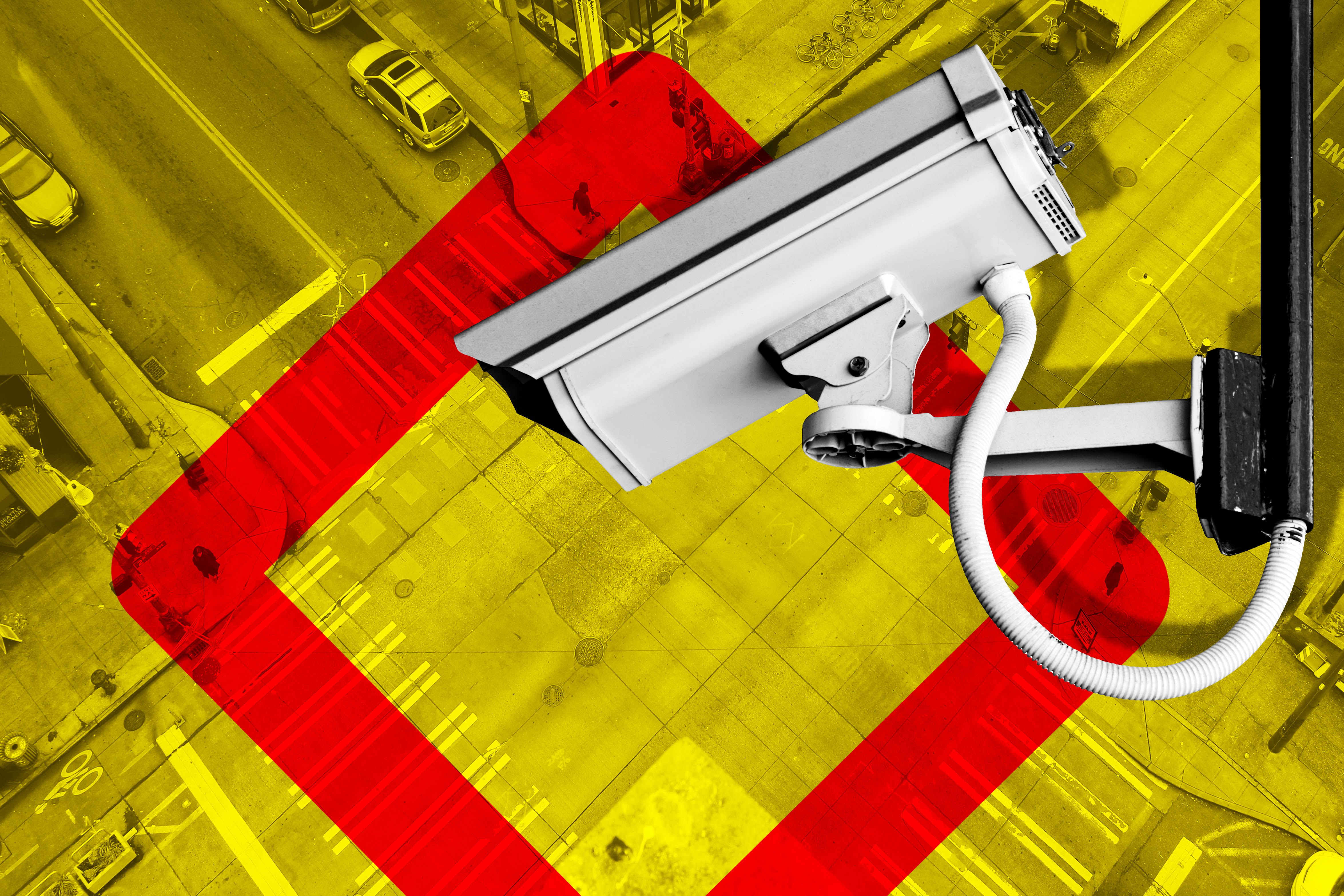Opinion
Talk Is Cheap

There is no better affirmation of the adage "talk is cheap" than when the talk in question emanates from the mouth of a politician. Every member of the Seattle City Council will tell you that they believe the city should invest in infrastructure that promotes walking, biking, and transit and helps reduce car dependence. Just don't ask them to make any hard choices to pay for it.
Case in point: Mayor McGinn's proposed 2011 budget includes a five percent increase in the commercial parking tax rate, from which $4.5 million was allocated for new "Walk Bike Ride" projects. But so far, the council has been largely unreceptive to McGinn's proposal. (Data on proposed parking-tax and vehicle-license fee allocations here, and Walk Bike Ride projects here.)
The main objection is the assumption that any increase in the cost of parking will drive away customers from downtown businesses. As Councilmember Sally Bagshaw put it, “I have heard from business owners that you’re squeezing us so tight that we’re sending people to the malls [and] to Bellevue.”
I, for one, find it hard to believe that someone who's prepared to drop $200 on a pair of designer jeans at Nordstrom, or even $25 for a movie date, would turn around and head to Bellevue to avoid paying an additional 50 cents for parking. If there is evidence to the contrary, where is it? Shouldn't the council be asking downtown business owners for supporting data instead of relying on hearsay and self-interested allegations?
Even if there is a grain of truth to businesses' claim---it's certainly conceivable that irrational psychology could come into play---that does not mean those claims should sway policy. In the holistic view, raising the commercial parking tax and directing that revenue toward walking, biking, and transit is a total win-win combination for achieving the city's stated long-term sustainability goals, both environmental and economic.
Businesses that rely on lots of people arriving by car are unfairly profiting from the fact that they don't have to pay for the externalized costs associated with driving---a well known market failure. Governments can correct for this kind of market failure by taxing actions with externalities, and by spending the revenue to promote alternatives. In other words, by doing exactly the sort of things McGinn's proposal would accomplish.
Unless they can propose a realistic and equivalent alternative source of funds for Walk Bike Ride projects, how can council members possibly claim with straight faces that they believe it's important to create walkable, transit-rich communities in Seattle? (The recently approved $20 license fee is slated to fund about $2 million in Walk Bike Ride projects starting in 2012.)
The change we need will never happen until we start spending serious dollars on the right things, and the reality is, $5 million per year for Walk Bike Ride projects is only a meager first step. But new funding requires either new taxes or cuts---either of which is bound to piss off someone, somewhere. Where does that leave the city's leaders? Well, it means they actually have to lead. And to do that, they might have to upset the status quo.
But two factors stand to make that task easier. One, it is becoming clearer by the day that the future success of cities will not depend on happy consumers driving in from the hinterlands to go shopping. And two, we already know that smart policy and investments pay off. You can see it starting to happen in Portland, more so in Vancouver BC, and even more so in European cities like Stockholm (just ask one of the many council members and city officials who've been there ).
(Tomorrow night, Tuesday October 26 at 5pm, the City Council is holding a public hearing on the budget process---your last opportunity to weigh in on this year's budget process.)




